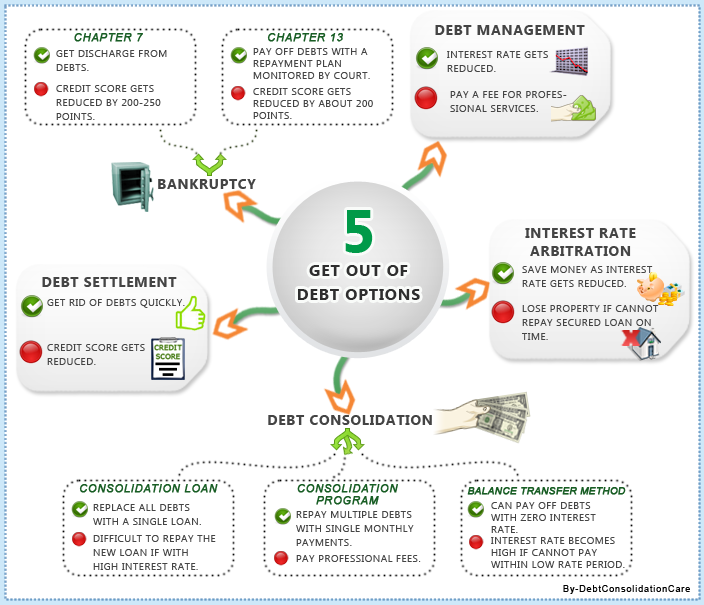Real estate is not always an easy venture to be involved in. Mortgages are huge loans, and monthly payments can be extremely steep. Especially with the trend a few years back to give out sub-prime mortgages, there have been a lot of foreclosures lately. But foreclosure should be avoided at all costs.
So let's assume for a moment that you are unable to make your mortgage payments. You become a defaulted owner. Now what? Well, typically, your lending institution will foreclose its mortgage. If this happens, not only will you lose your property when it goes back to the bank, you will lose all your equity. In addition, foreclosure reduces your credit rating, leaving a permanent stain on your credit account. This can be extremely hard to remove, and may prevent you from ever borrowing again. Finally, you may even have to pay taxes on the debt reduction amount. So in trying to save money, you've only added another expense to your list of bills. All in all, foreclosure is a bad deal for you.
There are two main types of foreclosure, foreclosure by judicial sale and foreclosure by power of sale. In the former, the court supervises the sale of the property. In the latter, the bank or mortgage holder sells the home. In a strict foreclosure, not in use in all states, the bank would assume the deed of the defaulted mortgage, without the obligation to sell. This method is less popular as few banks want to become landlords. Usually, by whatever means, the foreclosure involves the sale of the property.
If you are unable to make your mortgage payments, or in any other way are unable to fulfill the obligations of your lending contract, it is best if you sell your real estate as soon as possible. This may mean selling at a much lower rate than market value, however as a homeowner, you may be able to retain some equity from your home, and you will definitely save your credit rating. This is very important for your future real estate purchases, and just about anything else in your life. By selling your home yourself, with or without the help of an agent, you are keeping the power in your hands. Even if you come out of it with no equity, the chances of losing money is slim unless your home has become totally derelict. Even then, you are still better off selling it yourself than allowing a foreclosure to go ahead.
While in a stressful situation such as mounting debt, it can seem like the easy thing to drop everything and run. But as I've outlined, it is never to your advantage to let a property foreclose. The key to saving yourself from this fate may be an honest analysis of your expenses. If you can see a problem coming, you have more time to act on it. Rather than waiting to the last minute, put your home up for sale as soon as you suspect you will have trouble making payments in the future. The more time you have to sell, the more likely you'll walk away with a fair price for your property. You may even be able to find another, cheaper home, and nobody will have been the wiser that you narrowly escaped financial disaster.
Antonio Atoche
310-345-1513
antonio@atocherealestate.com
www.upsidedownlosangeles.com
For more information visit https://www.google.com/
